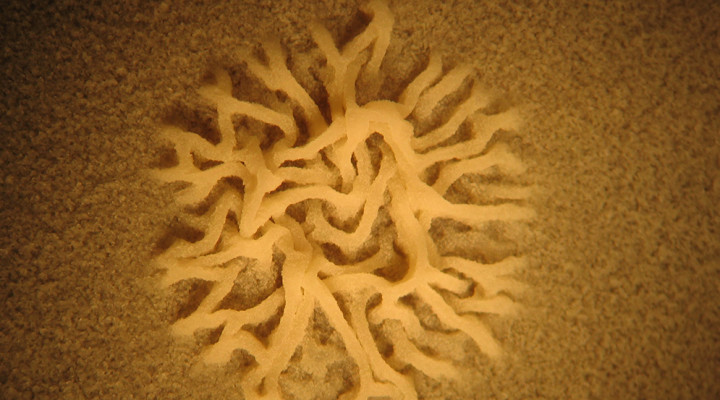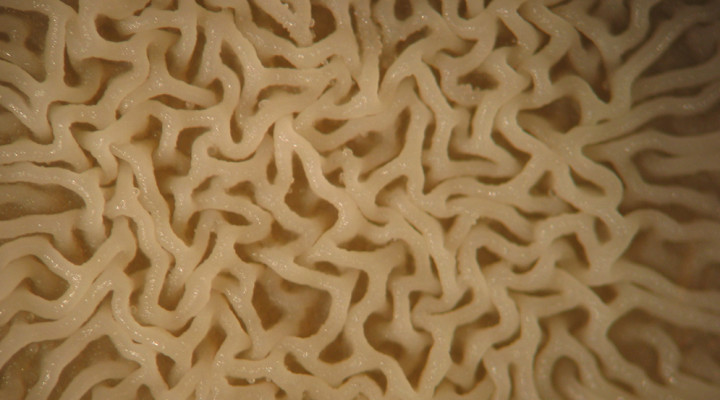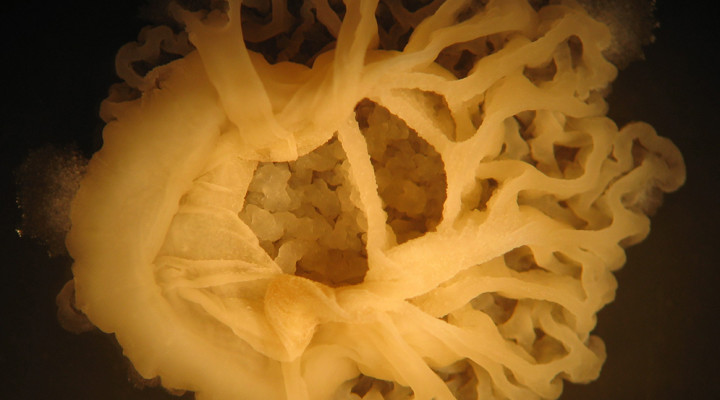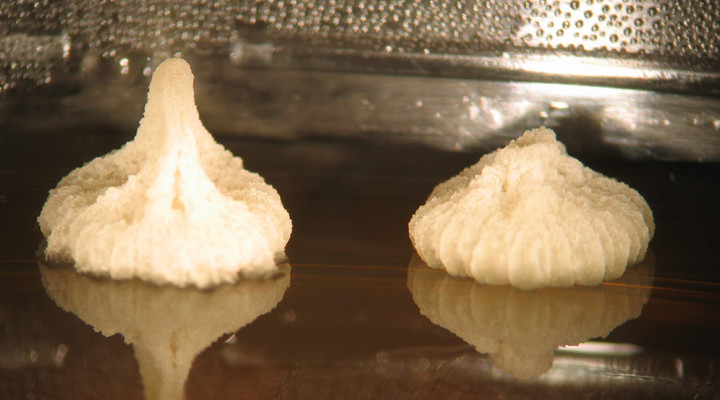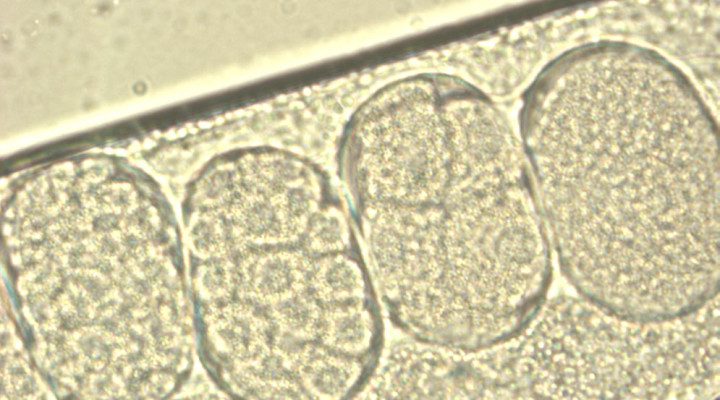BIOLOGICAL AND HEALTH SCIENCES
Scientists find probiotic gut bacteria related to longevity
It has been tested successfully in Caenorhabditis elegans, a worm whose ageing regulatory pathways are similar to those of humans.
One study undertaken by CONICET researchers and fellows at the Universidad Nacional de Rosario [National University of Rosario] and published in Nature Communications revealed that the probiotic bateria Bacillus subtilis (which have beneficial effects on the immune system and have been consumed in food for millions of years in some Asian countries like Japan) would be able to delay ageing and extend human life through the colonization of the gut.
Although their effects were tasted only on the Caenorhabditis elegans nematode, the scientists affirm that the ageing regulatory pathways of this worm used as animal model have been conserved along the evolution, and they are basically the same as the human ones.
“In the case of the nematode, we could observe that apart from extending life it can keep the effect of vitality (healthy lifespan). This, extrapolated to humans, would mean living more than 120 years with the vitality of a fifty-year-old person”, Roberto Grau states. He is a CONICET independent researcher at the Facultad de Cs. Bioquímicas and Farmacéuticas of the Universidad Nacional de Rosario (FBIOyF, UNR) [Faculty of Biochemical and Pharmaceutical Sciences of the National University of Rosario] and director of the study.
So far, it’s been well known fact that this bacteria had a beneficial effect on the innate immunity –cells and mechanisms that protect the individual from non specific infections-, implying that it provides protection against the development of infectious, neurodegenerative diseases and even cancer.
“This means that Bacillus subtilis protects people against the two most common causes of death: diseases and ageing of cells, tissue and organs”, the researcher affirms.
Scientists managed to prove first that this probiotic bacteria were capable of delaying the ageing of neurons, and secondly that they had the same effect on the entire individual and not only on one type of cell in particular.
But this find went beyond the testing of beneficial results of the bacteria: the researchers understood the molecular bases of anti-ageing mechanism. “We know which genes of the bacteria are involved in regulating which genes of the host carry the increase of longevity. Besides, by chance or not, we found that there is a direct correlation with the genes affected in living centenarians”, Grau comments.
Bacteria B. subtilis can form spores –resting cells which are highly resistant- that when they reach the intestine of the host (of the nematode or the human being) germinate making the active bateria form a biofilm on gut mucosa, which is responsible for an increase in the innate immunity of the host, the neuroprotection and the increase in longevity.
“Our study also shows the importance of the gut flora –a group of bacteria that live in the intestine– in people’s health due to its possibility to communicate (quorum sensing) efficiently through the formation of a biofilm with the immune and nervous system of the host”, the researcher states.
Grau also highlights the capacity these bacteria has to form spores that makes them easy to incorporate into any type of food or drink that will produce the desired effect if they are consumed regularly. “I can incorporate the probiotic in the food or drink that is available according to my economic situation or cultural taste. That is another plus in our study because in the future it can mean a way to improve the quality and length of life of people”, the scientist concludes.
Click here to watch the video.
By Miguel Faigón
About the study:
Verónica Donato. Posdoctoral fellow. FBIOyF (UNR).
Facundo Rodríguez Ayala. FBIOyF (UNR).
Sebastián Cogliati. FBIOyF (UNR).
Carlos Bauman. FBIOyF (UNR).
Juan Gabriel Costa. Posdoctoral fellow. FBIOyF (UNR).
Cecilia Leñini. FBIOyF (UNR).
Roberto Grau. Independent researcher. FBIOyF (UNR).
